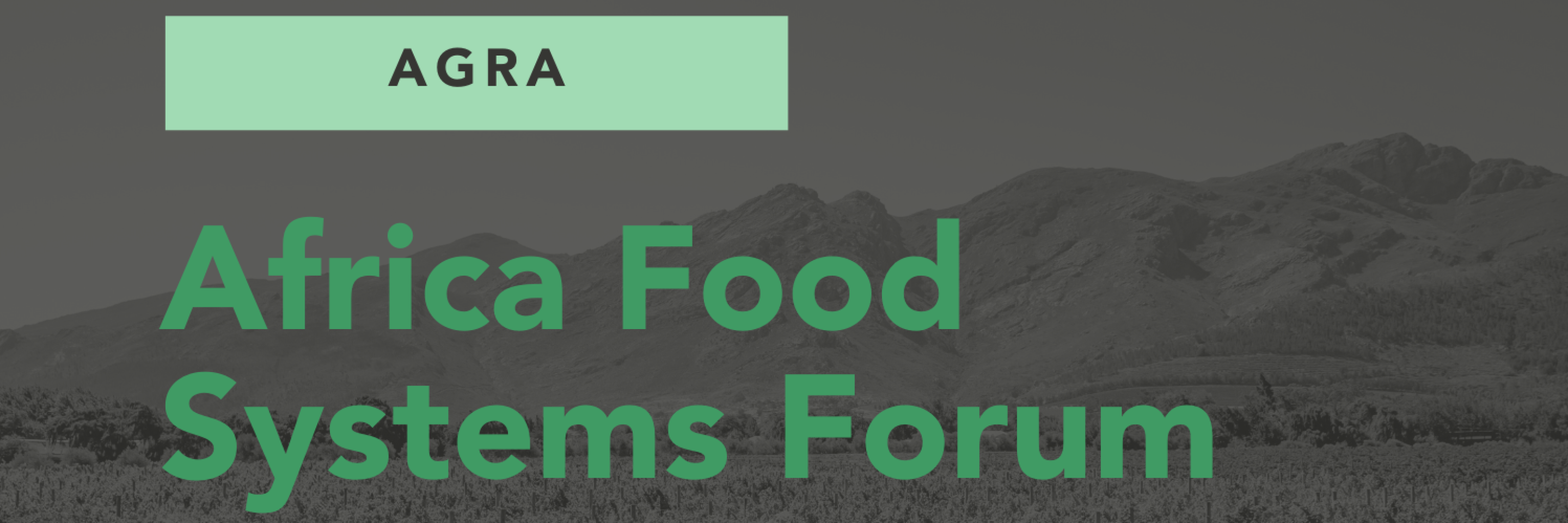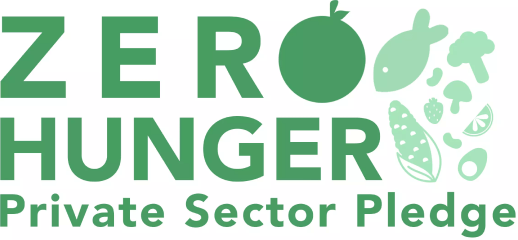
Empowering local smallholders and SMEs in Africa
The 2023 Africa Food Systems Forum (AGRF), which took place earlier this month in Dar es Salaam, brought together more than 5,000 delegates, including numerous private sector representatives. The number of these representatives from multinationals as well as SMEs – many from the host country, Tanzania – highlight the necessary role of the private sector in achieving sustainable agriculture and food systems in Africa.
Smallholders and SMEs driving sustainable agriculture and food systems transformation
A number of companies showcased their goods and services in the AGRF exhibition space. Among the exhibitors were three SMEs from the Zero Hunger Pledge: AFCO Investment, EMECI Technologies, and Nasinya Dairy – all of which are prime examples of the private sector being at the forefront of ending hunger by making nutritious foods accessible to their communities. Yet, these companies need further support and resources to scale their impact.
AFCO Investment provides biofortified products to consumers at an affordable price. According to its Managing Director and Co-founder, Fortunatha Mmari, additional capital and technology would enable the company to lower prices for consumers and increase awareness about the nutritional benefits of their products.
For Deusdedit Kizoto Stephen, from EMECI Technologies, access to greater quantities of biofortified seeds would enable him to reach more farmers and, ultimately, consumers. Capacity and demand are not the problem, as he emphasised, but availability and affordability of inputs are.
As for Nasinyari Marko, who processes raw milk collected from pastoralist farmers in remote areas of Tanzania through her company Nasinya Dairy, partnerships with other organisations and development partners have been essential and shall remain crucial to enhance the services and trainings she delivers in her local community.
Sourcing locally to drive sustainable agriculture and food systems transformation
A side event at the AGRF, co-organised by the World Business Council for Sustainable Development (WBCSD), one of the core partner organisations behind the Zero Hunger Private Sector Pledge, focused on local sourcing as a key driver of sustainable agriculture and food systems transformation in Africa.
Two global companies that have made commitments to the Zero Hunger Pledge, Bayer and ETG, presented how they are working to build sustainable local value chains. For example, these two companies are increasing local smallholders’ access to the value chain and promoting local employment and agroforestry, therefore contributing to the development of local value chains, the empowerment of women, and promotion of more sustainable agricultural practices on the farm.
The founder of Something Lite, a food processing company based in Nigeria, discussed how her company is sourcing locally from over 100 smallholders, of which 60% are women, and how she is encountering challenges in continue to source locally while trying to expand output.
Representatives from IDH, an implementing partner in the Zero Hunger Pledge, and the International Finance Corporation, the private sector arm of the World Bank Group, also highlighted the importance of developing country value chains through off-taker agreements and aggregator models that effectively link smallholders and SMEs with other stakeholders along the value chain.
Fostering private sector investment through the Zero Hunger Pledge
Throughout the AGRF, a key message emerged: the importance of including and empowering smallholders and SMEs to sustainably transform agriculture and food systems in Africa. But, as multiple participants made clear, achieving this goal – which is fundamental to addressing food and security nutrition – depends on providing greater support to smallholders and SMEs.
The Zero Hunger Pledge, through its recommended intervention areas and countries of investment, targets smallholder farmers and SMEs – with a particular focus on empowering the excluded (e.g., women, youth, rural communities). By promoting core business investment, it prioritises local value chain and market development in the sustainable transformation of agriculture and food systems as well as in the fight against hunger and malnutrition.
Recognising that these challenges cannot be overcome alone (as the famous African proverb goes, if you want to fast, go alone; if you want to go far, go together), the Zero Hunger Pledge will continue to work with partners who, like WBCSD, support its mission to encourage more private sector involvement and investment that benefit smallholder farmers and SMEs – in Africa and beyond.
